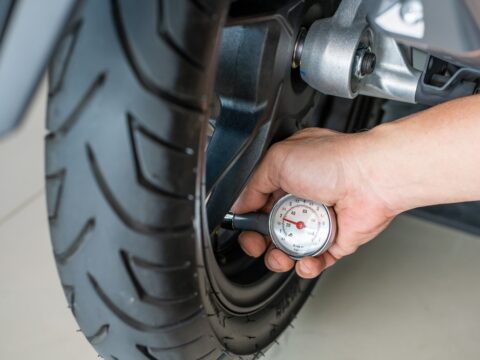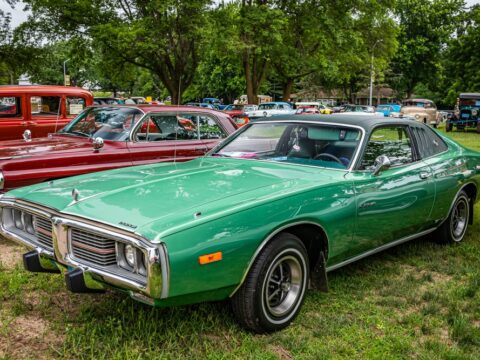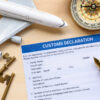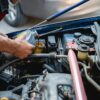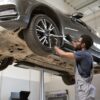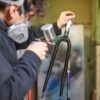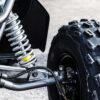Several common mistakes can significantly reduce your car’s fuel efficiency. Driving aggressively with rapid acceleration and hard braking consumes more fuel. Keeping the car idle for extended periods also wastes gas unnecessarily. Avoiding these mistakes can help you save on fuel costs.
Contents
Aggressive Driving

Aggressive driving, which includes rapid acceleration, hard braking, and speeding, is one of the most significant factors that can reduce fuel efficiency. Sudden starts and stops waste fuel because they require the engine to work harder, using more gasoline to regain speed. Additionally, driving at high speeds increases aerodynamic drag, which forces the engine to burn more fuel to maintain speed. To improve fuel efficiency, drivers should adopt a more relaxed driving style, maintaining steady speeds and anticipating stops to avoid unnecessary braking.
Underinflated Tires
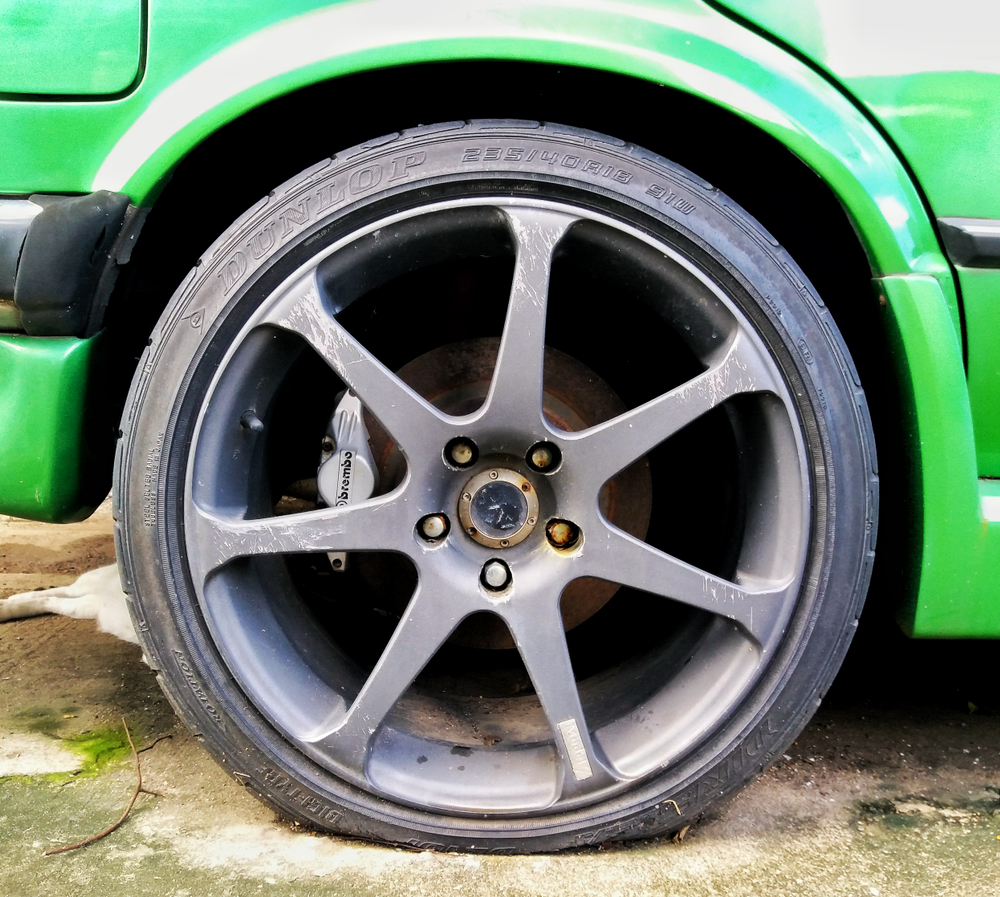
Driving with underinflated tires is a common mistake that can significantly reduce a car’s fuel efficiency. When tires are underinflated, they create more rolling resistance, meaning the engine has to work harder to move the car, thus consuming more fuel. According to the U.S. Department of Energy, properly inflated tires can improve gas mileage by up to 3%. To ensure optimal fuel efficiency, check tire pressure regularly and keep it at the manufacturer’s recommended levels.
Excessive Idling
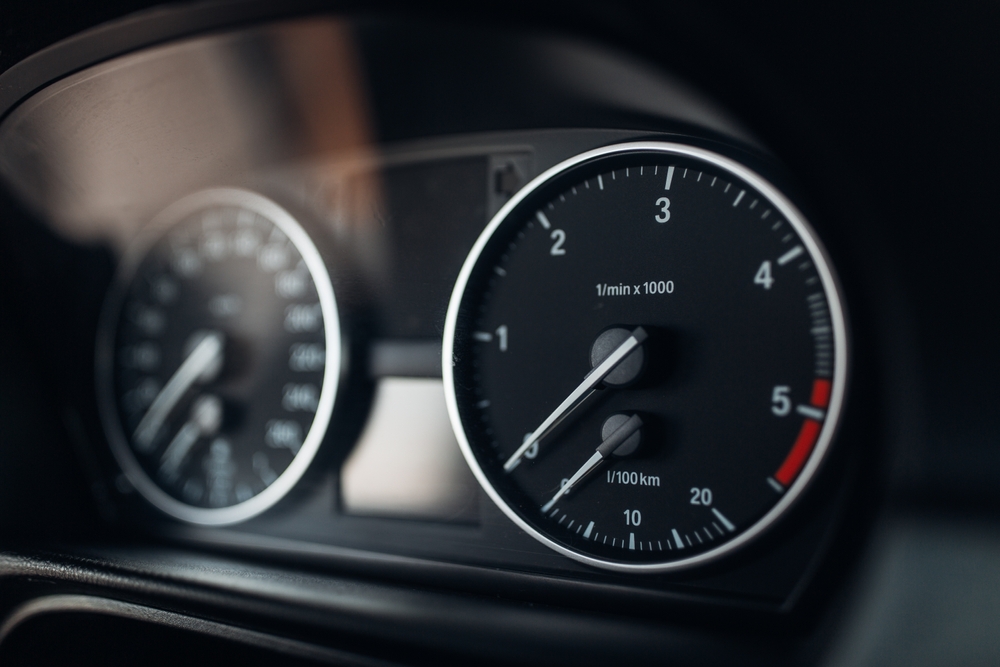
Idling, or keeping the engine running while the car is stationary, is a major fuel waster. An idling engine burns fuel without moving the vehicle, which directly reduces fuel efficiency. Modern engines do not require lengthy idling periods to warm up, and it’s more efficient to turn off the engine if you expect to be stopped for more than a minute. Many newer vehicles come with start-stop technology that automatically shuts off the engine when the car is stationary, further improving fuel efficiency.
Carrying Excess Weight
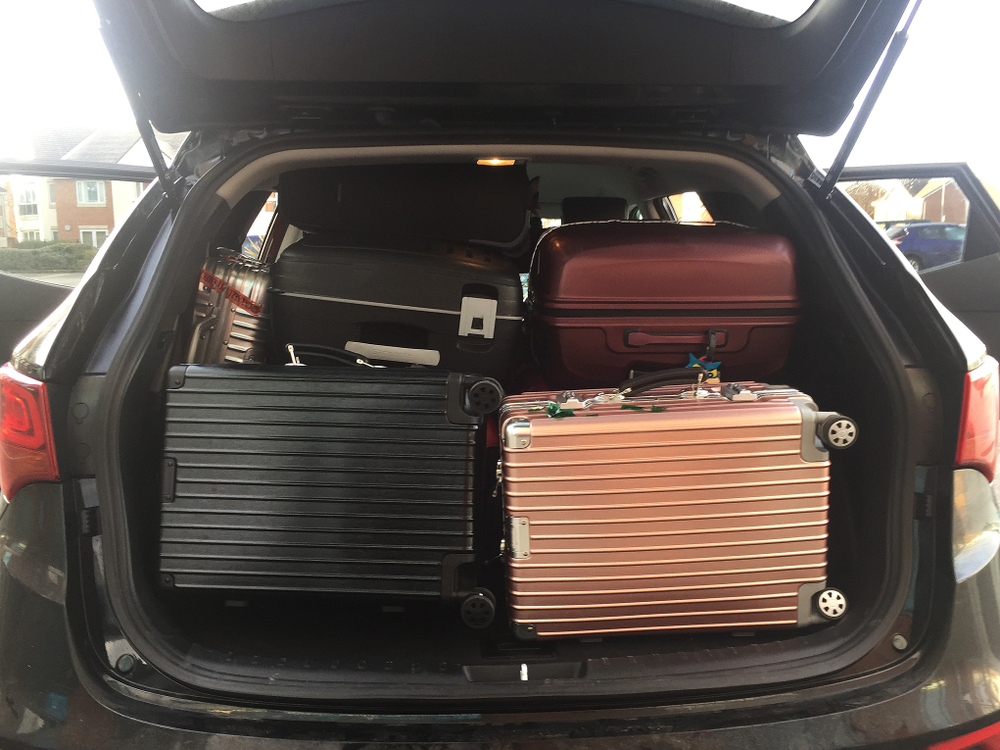
Carrying unnecessary weight in your vehicle can decrease fuel efficiency because the engine has to use more power to move the heavier load. For every 100 pounds of excess weight, fuel economy can decrease by up to 2%. This effect is more pronounced in smaller vehicles. To maximize fuel efficiency, regularly clean out your car and remove any heavy items that aren’t needed for your journey, such as tools, sports equipment, or unnecessary cargo.
Poor Maintenance
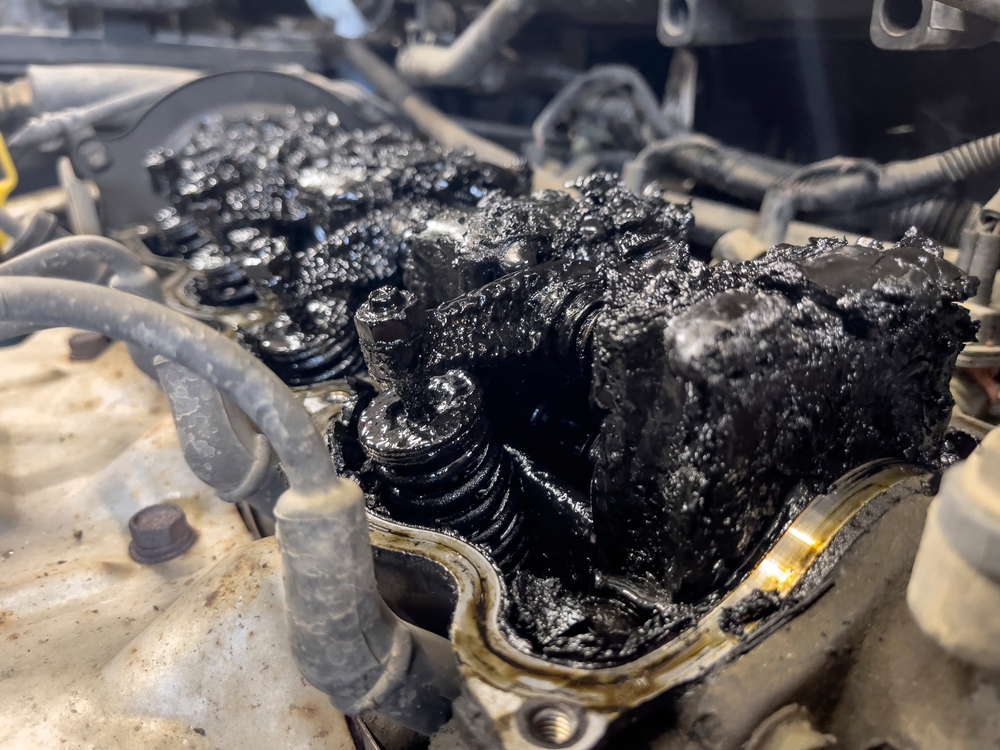
Neglecting regular vehicle maintenance, such as oil changes, air filter replacements, and spark plug checks, can lead to reduced fuel efficiency. A poorly maintained engine has to work harder, using more fuel to perform the same tasks as a well-maintained one. Clogged air filters, for instance, reduce airflow to the engine, causing it to burn more fuel. To keep your car running efficiently, follow the manufacturer’s recommended maintenance schedule and address any issues promptly.
Using the Wrong Grade of Motor Oil
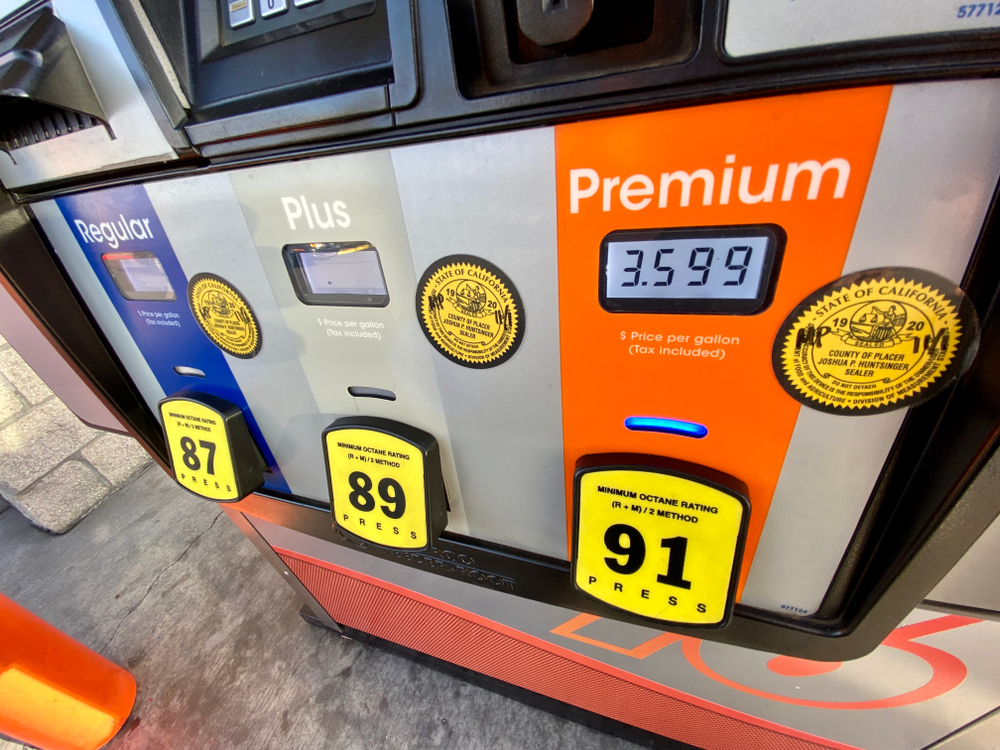
Using the wrong grade of motor oil in your car can reduce fuel efficiency. Motor oil that is too thick for your engine creates more friction, which causes the engine to work harder and use more fuel. On the other hand, using a thinner, manufacturer-recommended oil reduces friction and allows the engine to run more smoothly, improving fuel efficiency. Always check your owner’s manual for the correct oil grade and make sure to use it during oil changes.
Poor Aerodynamics
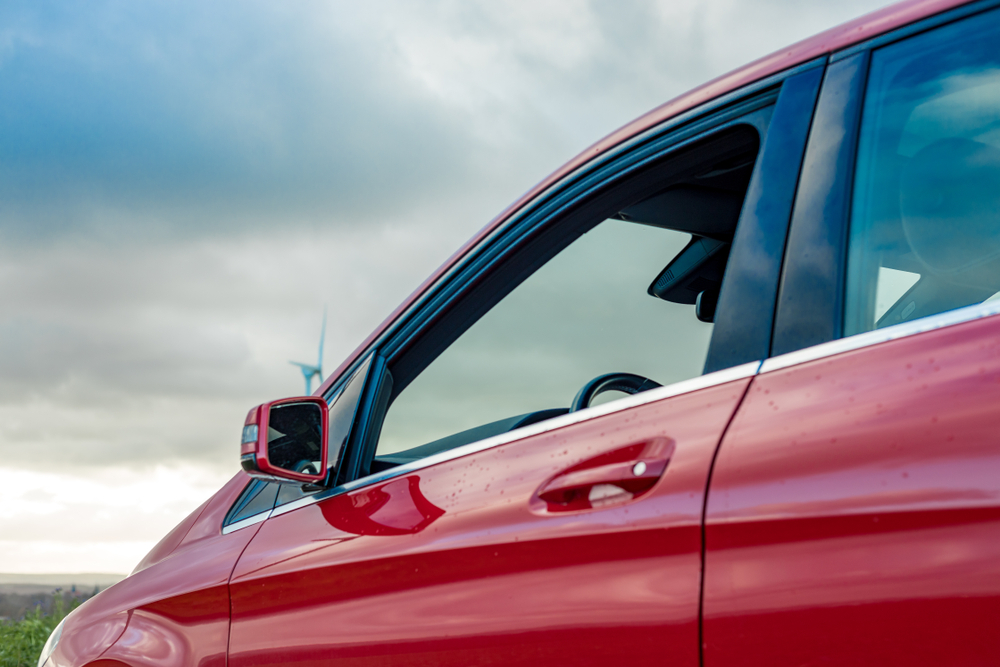
Poor aerodynamics, often caused by roof racks, bike carriers, or open windows, can significantly reduce fuel efficiency. These add-ons increase drag, making the engine work harder to maintain speed, particularly at highway speeds. Even driving with windows down at high speeds can create drag and reduce efficiency. To improve fuel efficiency, remove roof racks or carriers when not in use and keep windows closed on highways. If you need to carry extra cargo, consider using a rear-mounted carrier instead of a roof rack.
Ignoring the Check Engine Light
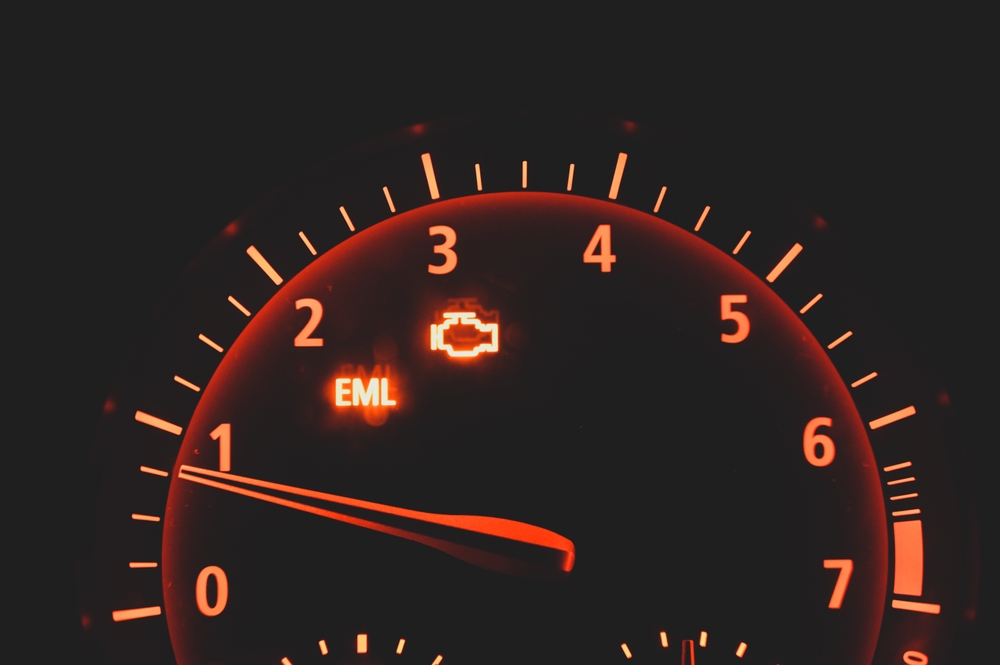
Ignoring the check engine light can lead to decreased fuel efficiency, as it often indicates a problem with the engine’s performance. Issues such as a faulty oxygen sensor, a misfiring spark plug, or a malfunctioning catalytic converter can cause the engine to burn more fuel than necessary. Addressing these issues promptly not only improves fuel efficiency but also prevents more significant, costly repairs down the road. If your check engine light comes on, have your vehicle inspected by a mechanic as soon as possible.
Using Air Conditioning Excessively
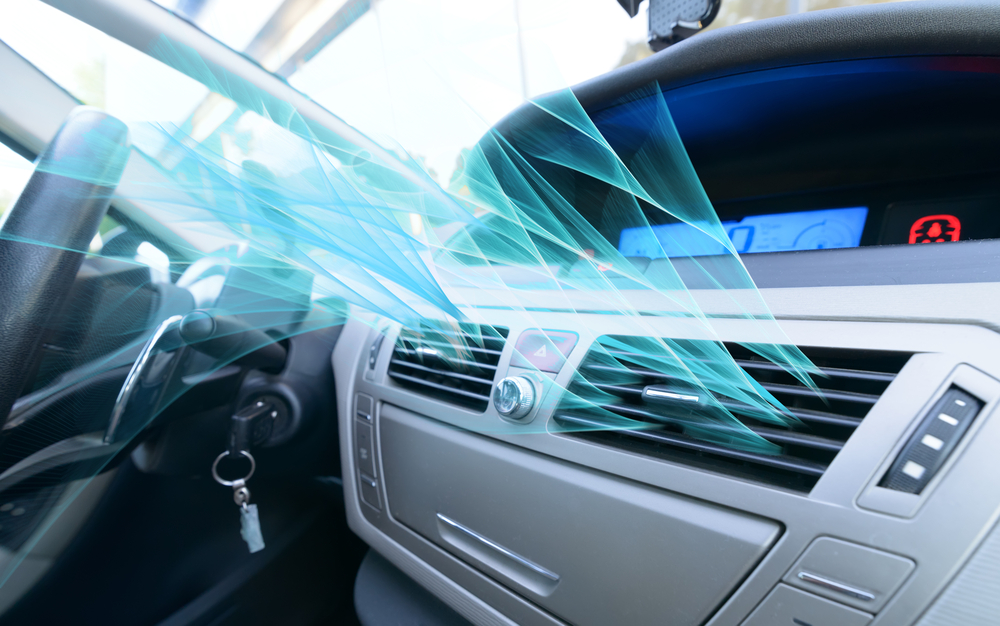
Using air conditioning (A/C) excessively can reduce fuel efficiency, especially in older vehicles. The A/C compressor puts extra load on the engine, causing it to use more fuel. At low speeds, the impact of A/C on fuel efficiency is more noticeable, while at highway speeds, it’s less significant. To improve fuel efficiency, try using the A/C sparingly, particularly in stop-and-go traffic. Parking in the shade and using a sunshade can also help keep the car cooler without needing to rely on A/C as much.
Driving Short Distances Frequently

Frequent short trips can reduce fuel efficiency because the engine doesn’t have enough time to reach its optimal operating temperature. Cold engines are less efficient and burn more fuel than warm engines. Additionally, starting the car repeatedly uses more fuel than driving continuously. To improve fuel efficiency, combine errands into one trip whenever possible, or consider walking or cycling for very short trips.
Using Cruise Control on Hilly Terrain
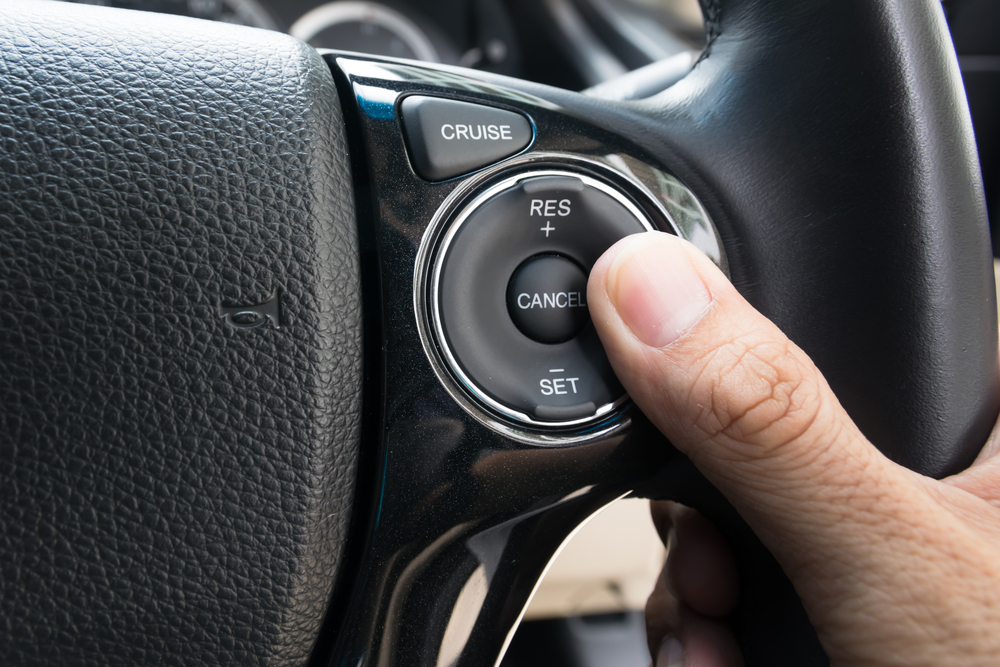
While cruise control is beneficial for maintaining a constant speed on flat terrain, using it on hilly terrain can reduce fuel efficiency. On hills, cruise control tries to maintain a constant speed, causing the engine to work harder and burn more fuel as it climbs. It’s more efficient to turn off cruise control in hilly areas and manually adjust your speed to account for the terrain. Coasting downhill and gently accelerating uphill can help improve fuel efficiency.
Driving with a Dirty Air Filter
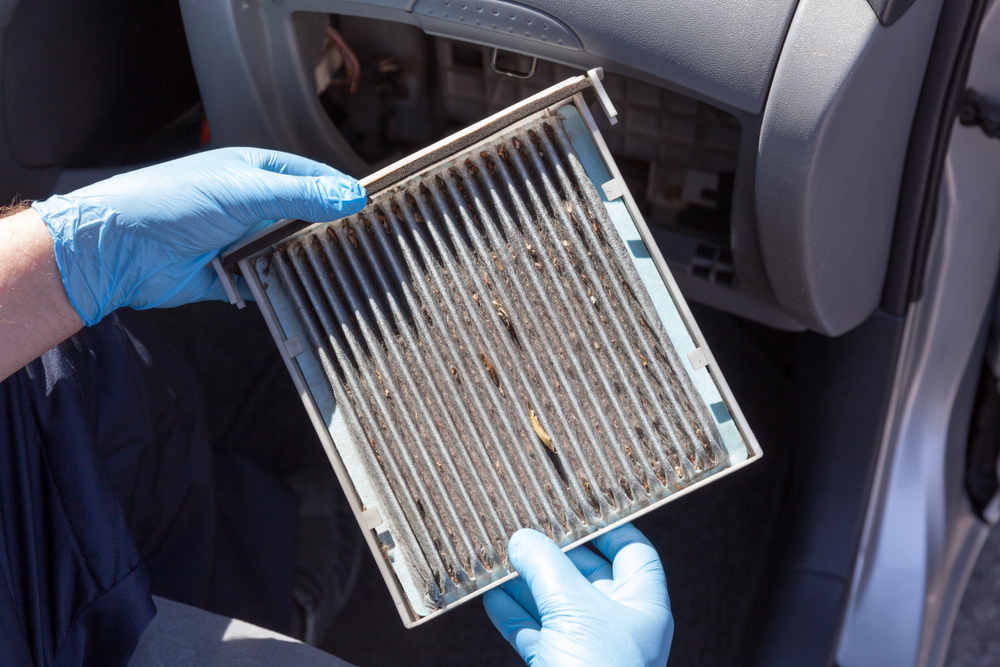
A dirty air filter restricts the airflow to the engine, making it work harder and use more fuel to perform the same tasks. Although modern cars with fuel injection systems can compensate for some of this restriction, a clean air filter is still essential for optimal performance and fuel efficiency. Regularly check and replace your air filter according to the manufacturer’s recommendations to ensure your engine runs efficiently.
Using the Wrong Fuel Type
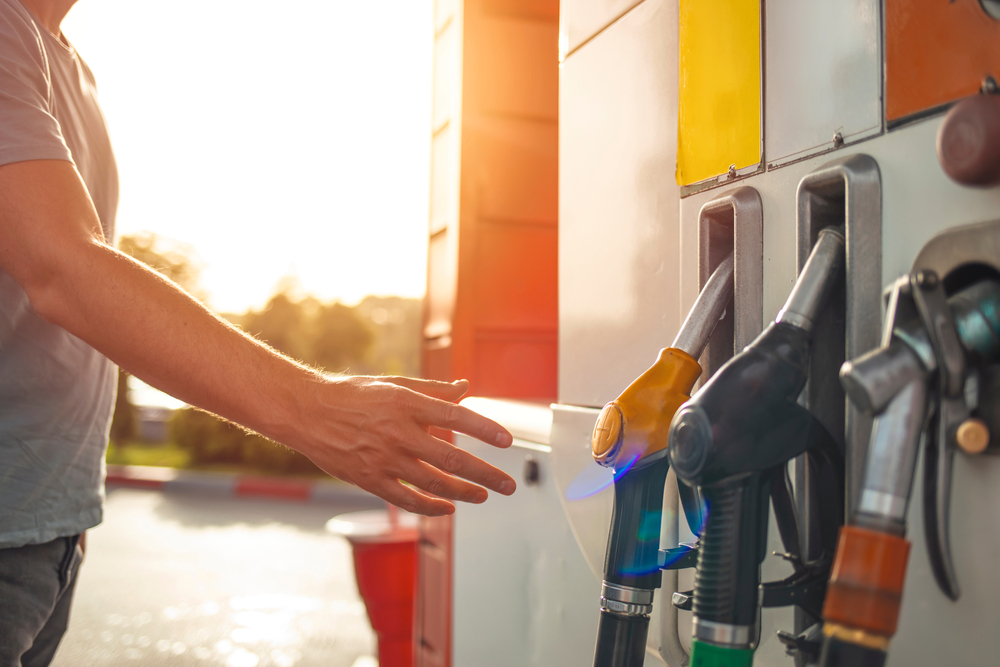
Using a higher-octane fuel than what is recommended for your vehicle does not improve performance or fuel efficiency. In fact, it can be a waste of money, as higher-octane fuel is more expensive. Conversely, using a lower-octane fuel than recommended can cause knocking or pinging, which can damage the engine over time and reduce fuel efficiency. Always use the fuel grade specified in your owner’s manual for optimal performance and efficiency.
Excessive Speeding
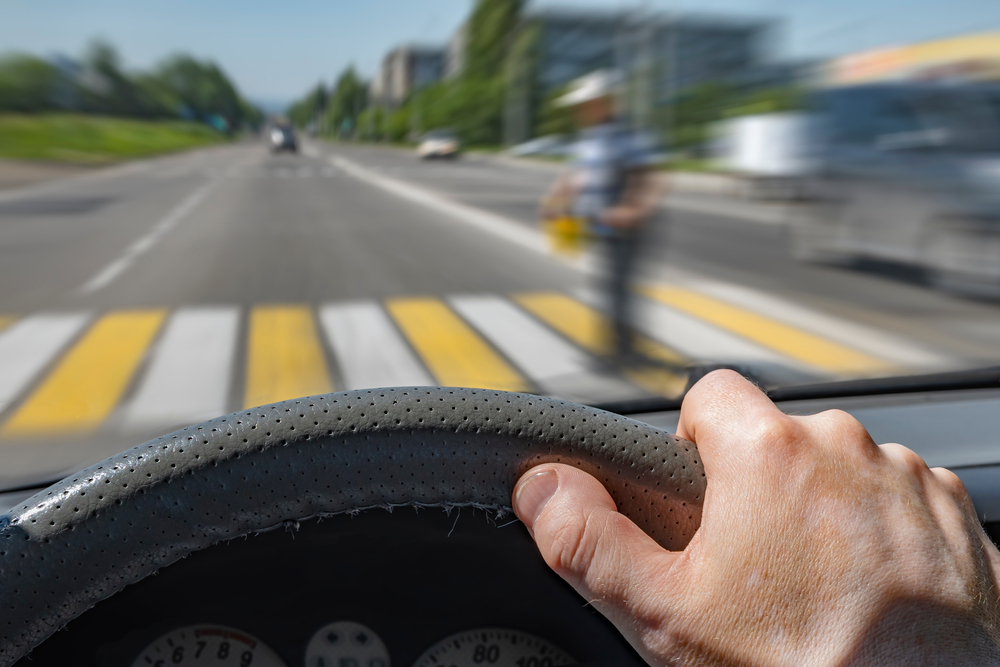
Driving at excessive speeds is one of the quickest ways to reduce fuel efficiency. As speed increases, aerodynamic drag rises exponentially, causing the engine to burn more fuel to maintain higher speeds. According to the U.S. Department of Energy, gas mileage typically decreases rapidly at speeds above 50 mph. To improve fuel efficiency, stick to the speed limit and avoid unnecessary speeding, especially on highways where the effects of drag are more pronounced.
Improper Wheel Alignment
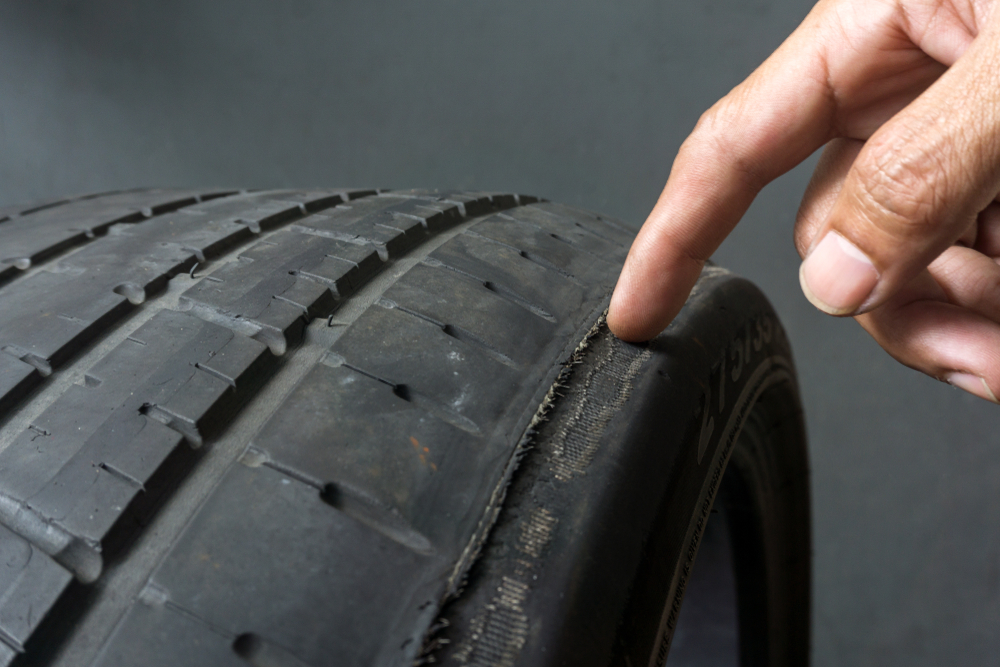
Improper wheel alignment can cause your tires to wear unevenly and increase rolling resistance, leading to reduced fuel efficiency. Misaligned wheels force the engine to work harder to keep the vehicle moving in a straight line, using more fuel in the process. Regularly check and adjust your wheel alignment to ensure your car is running as efficiently as possible. Proper alignment also helps extend the life of your tires and improves overall handling.
Failing to Use Overdrive Gears
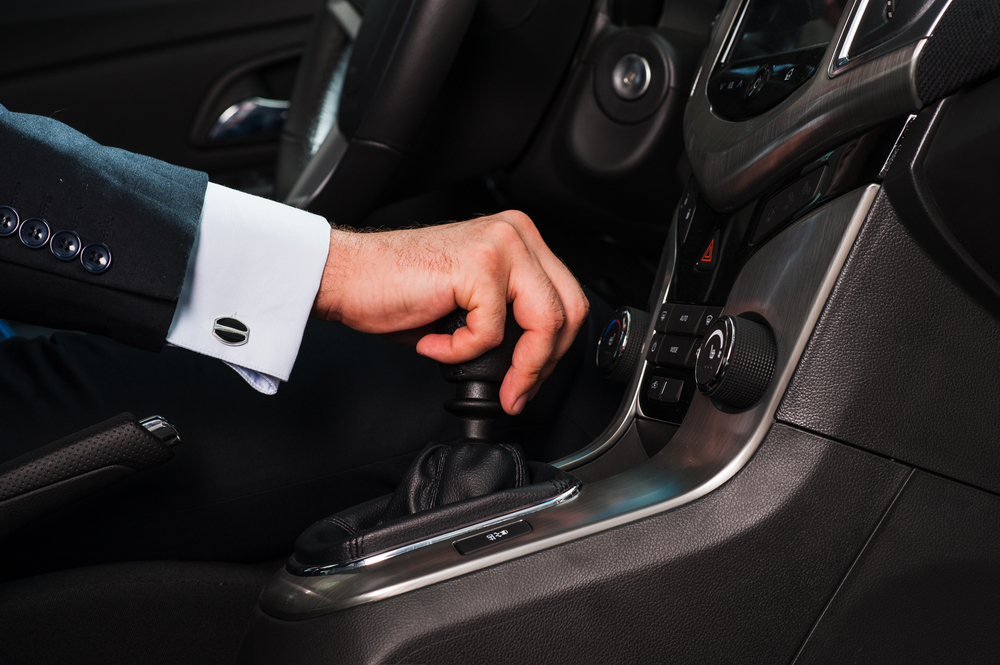
Failing to use overdrive gears on highways can reduce fuel efficiency by keeping the engine at higher RPMs than necessary. Overdrive gears allow the engine to operate at a lower RPM, reducing fuel consumption at higher speeds. If your vehicle has an overdrive option, be sure to use it when driving on highways or at consistent speeds over long distances. This simple action can lead to significant fuel savings over time.
Driving with Dragging Brakes
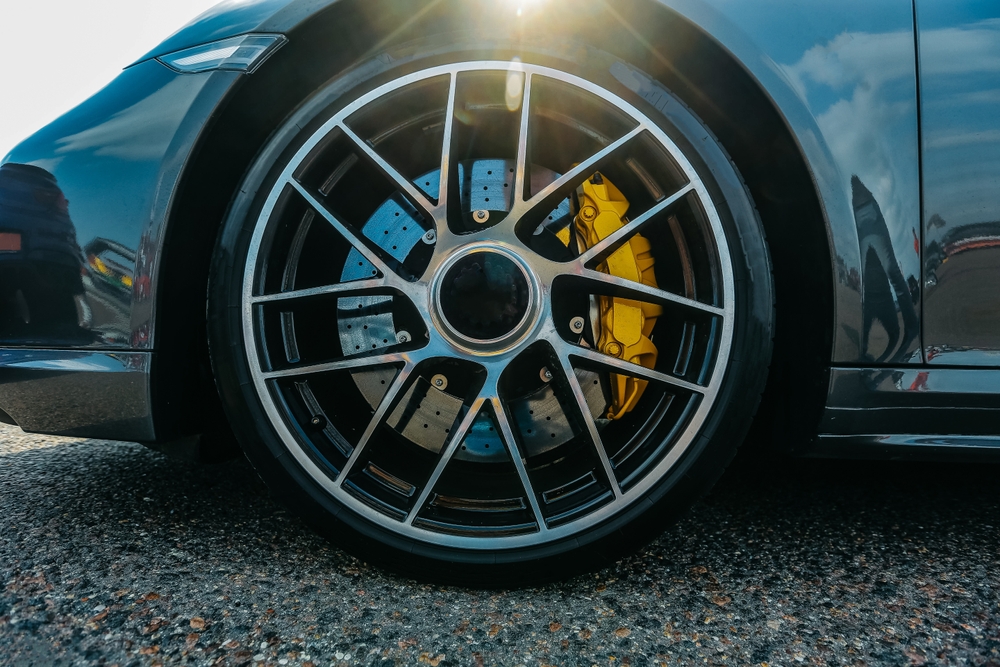
Driving with dragging brakes, often caused by a sticking brake caliper or improper brake adjustment, can significantly reduce fuel efficiency. Dragging brakes create additional friction, forcing the engine to work harder to maintain speed, which in turn uses more fuel. If you notice unusual resistance while driving or a burning smell, have your brakes inspected immediately. Regular brake maintenance is crucial to ensure optimal performance and fuel efficiency.
Carrying Unnecessary Roof Loads
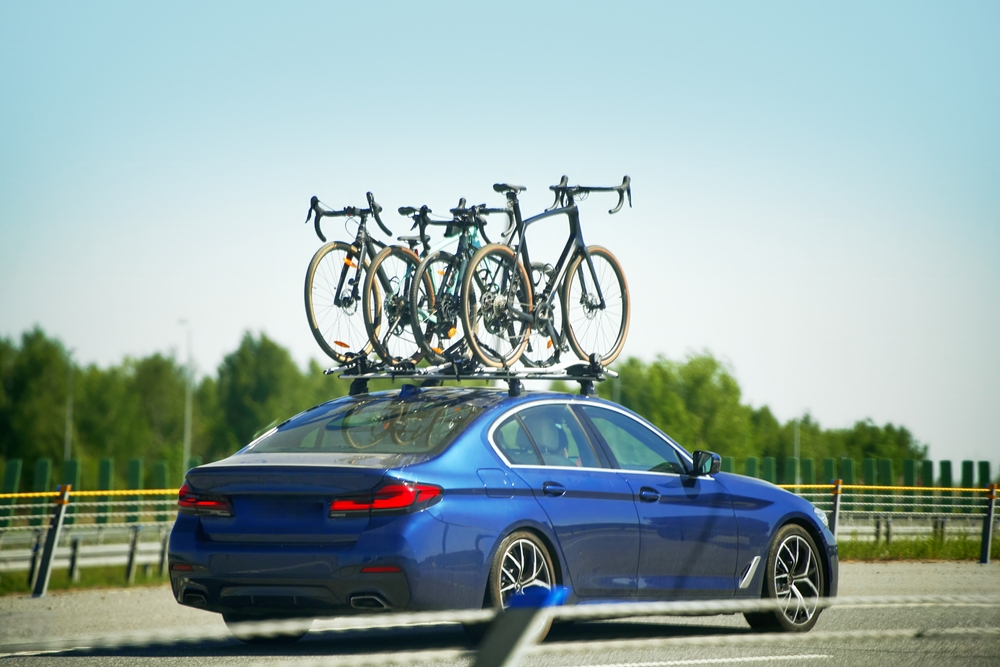
Carrying items on the roof of your car, such as luggage, kayaks, or bicycles, increases aerodynamic drag and reduces fuel efficiency. Even empty roof racks can create additional drag. The engine has to work harder to overcome this resistance, resulting in higher fuel consumption. To maximize fuel efficiency, remove roof loads when they’re not needed, and consider using rear-mounted carriers that have less impact on aerodynamics.
Using Non-Energy-Conserving Motor Oil
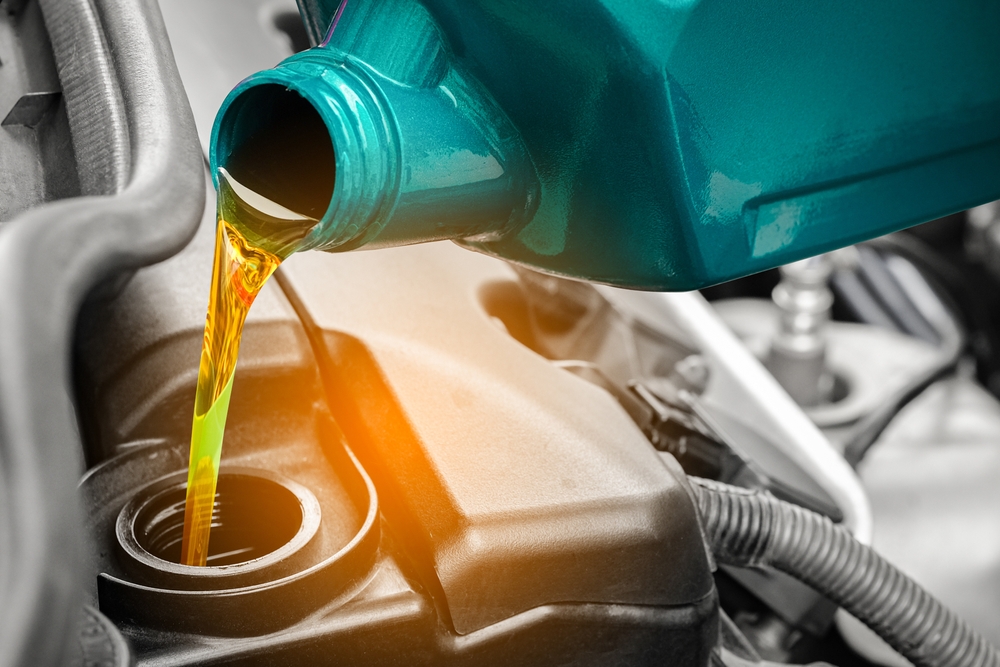
Using motor oil that is not labeled as “energy-conserving” can reduce fuel efficiency. Energy-conserving motor oils contain friction-reducing additives that help the engine run more efficiently by minimizing internal resistance. Always check your owner’s manual for the recommended oil type and look for oils that are labeled as energy-conserving to help improve fuel economy.
Neglecting Fuel Injector Cleaning
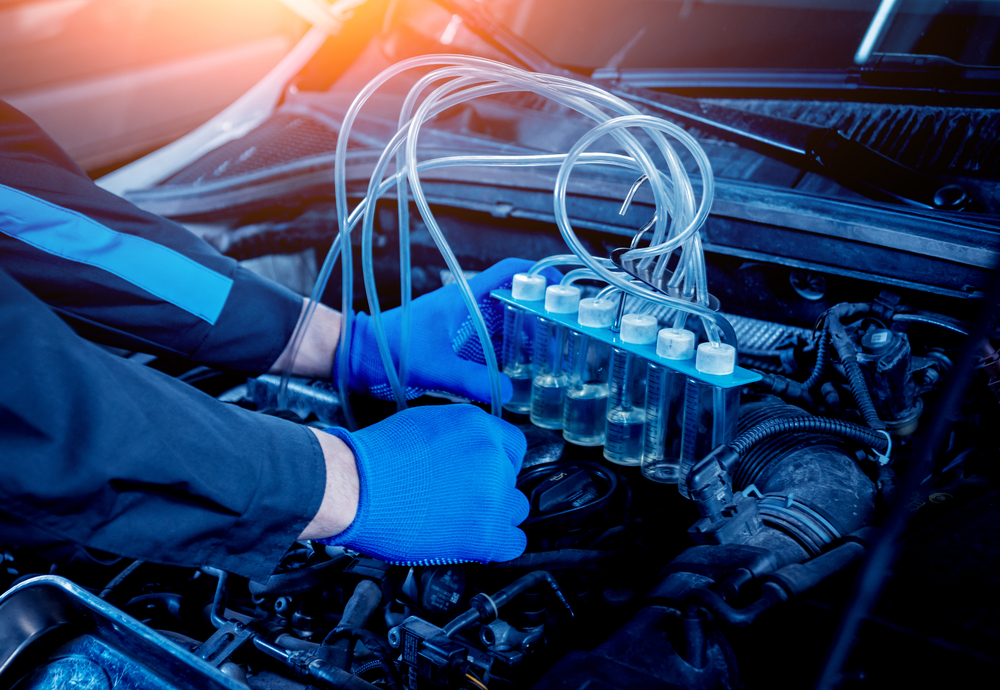
Neglecting to clean your fuel injectors can lead to reduced fuel efficiency over time. Dirty or clogged fuel injectors can disrupt the precise delivery of fuel into the engine, causing it to run less efficiently and burn more fuel. Regularly using fuel injector cleaners or having them professionally cleaned can help maintain optimal fuel injector performance, leading to better fuel economy and smoother engine operation.
This article originally appeared on MyCarMakesNoise.
More from MyCarMakesNoise
15 Classic Cars That Fall Short on Performance
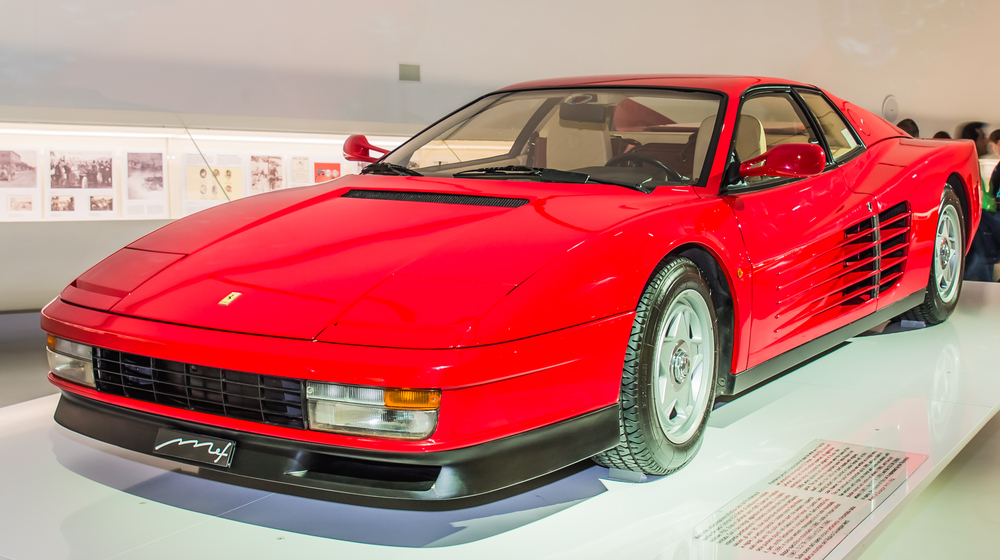
While they may dazzle on the showroom floor, some of these celebrated models fall short behind the wheel. Read More.
18 Cars Regarded as the Worst Ever Made
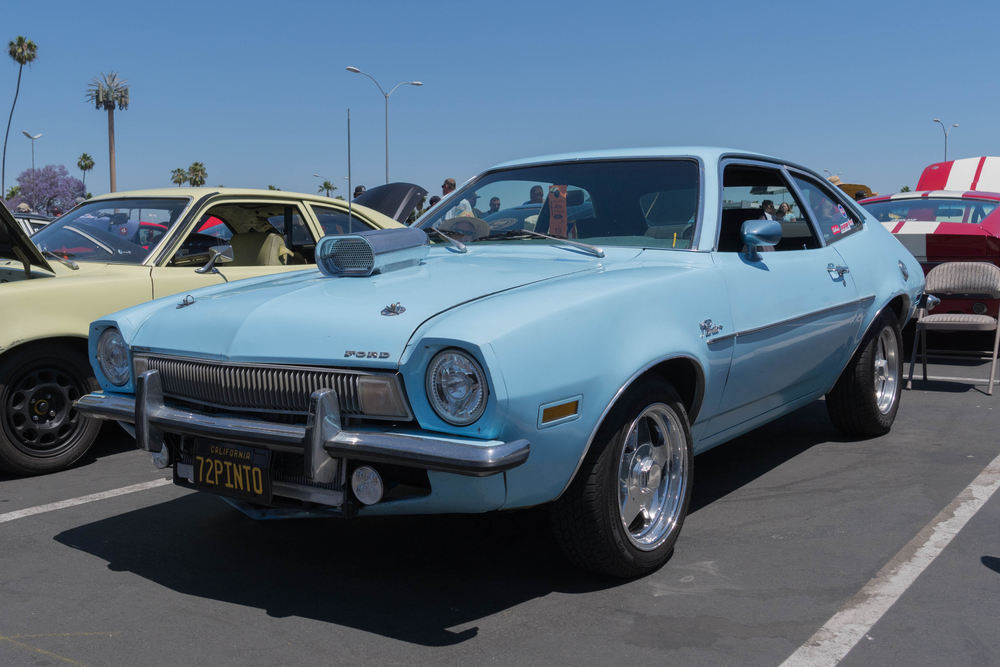
When it comes to cars, not all models are created equal. Over the years, the automotive industry has seen its fair share of flops—vehicles that missed the mark in terms of design, performance, and reliability. Read More.
20 Military Vehicles with Controversial Designs
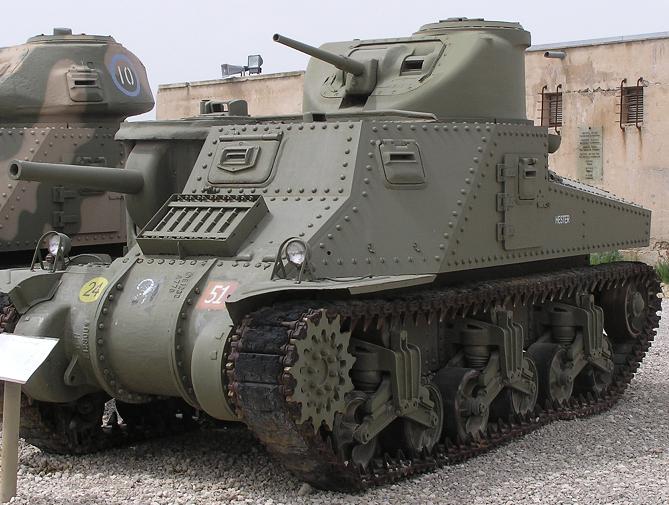
From bold choices to unusual shapes, these designs have left a lasting impression and generated plenty of discussion. Read More.

